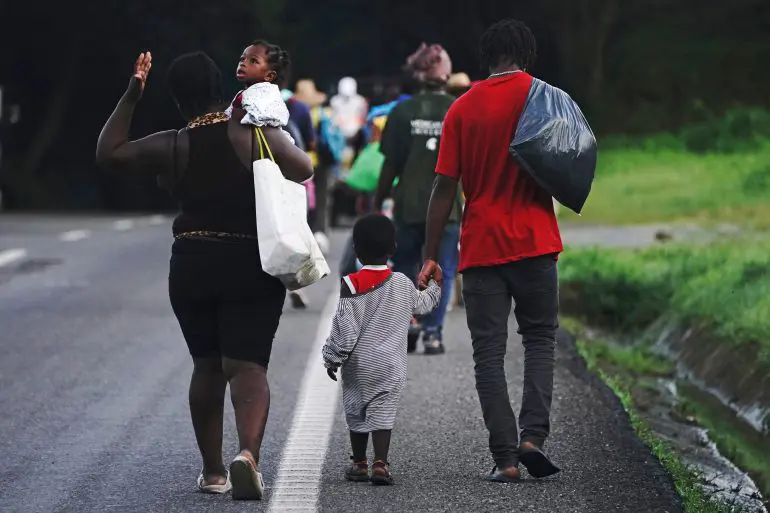The government’s plan: those who do not work at least 37 hours a week will not receive any financial support from the state
Denmark is once again tightening its policy on migrants. From now on, they will only be able to benefit from state aid if they have a job. Anyone who does not work at least 37 hours a week will not receive any financial support. The purpose of this plan: to make people better integrated into society.
“May collect butts or plastic waste”
“Rights and obligations must go hand in hand,” said Prime Minister Mete Frederiksen, adding that the measure was aimed at unemployed people receiving state benefits who were “in need of integration.”
“We want to introduce a new work logic in which people are obliged to contribute and be useful. If they cannot find a regular job, they will have to work for the benefits they receive,” Frederiksen said.
Migrants will have to work at least 37 hours a week, and the new rules will first affect all those who receive state aid for three to four years and have not covered a certain level of education and knowledge of the Danish language.
“It could be a job on the beach where people collect butts or plastic waste. Or help with certain tasks in a company,” said Employment Minister Peter Hummelgard, adding: “The most important thing for us is for people to get out of their homes “.
“For many years we have been doing so many people a disservice by not demanding anything from them,” said Prime Minister Mete Frederiksen. Her government also justified its decision by the low employment rates among women in the Middle East, North Africa and Turkey.
The plans of the ruling Social Democrats must be approved by parliament. Criticism comes from the Left. “I am afraid that this will lead to state-funded social dumping,” said spokeswoman May Villadsen.
One of the most restrictive migration policies in Europe
Denmark has been pursuing a restrictive migration policy for years. In June, parliament in Copenhagen passed a law requiring migrants to wait in a third country for an answer to their asylum application in Denmark – for example, in refugee centers in Rwanda, Tunisia or Egypt. The government’s stated goal is to reduce the number of asylum seekers to zero.







